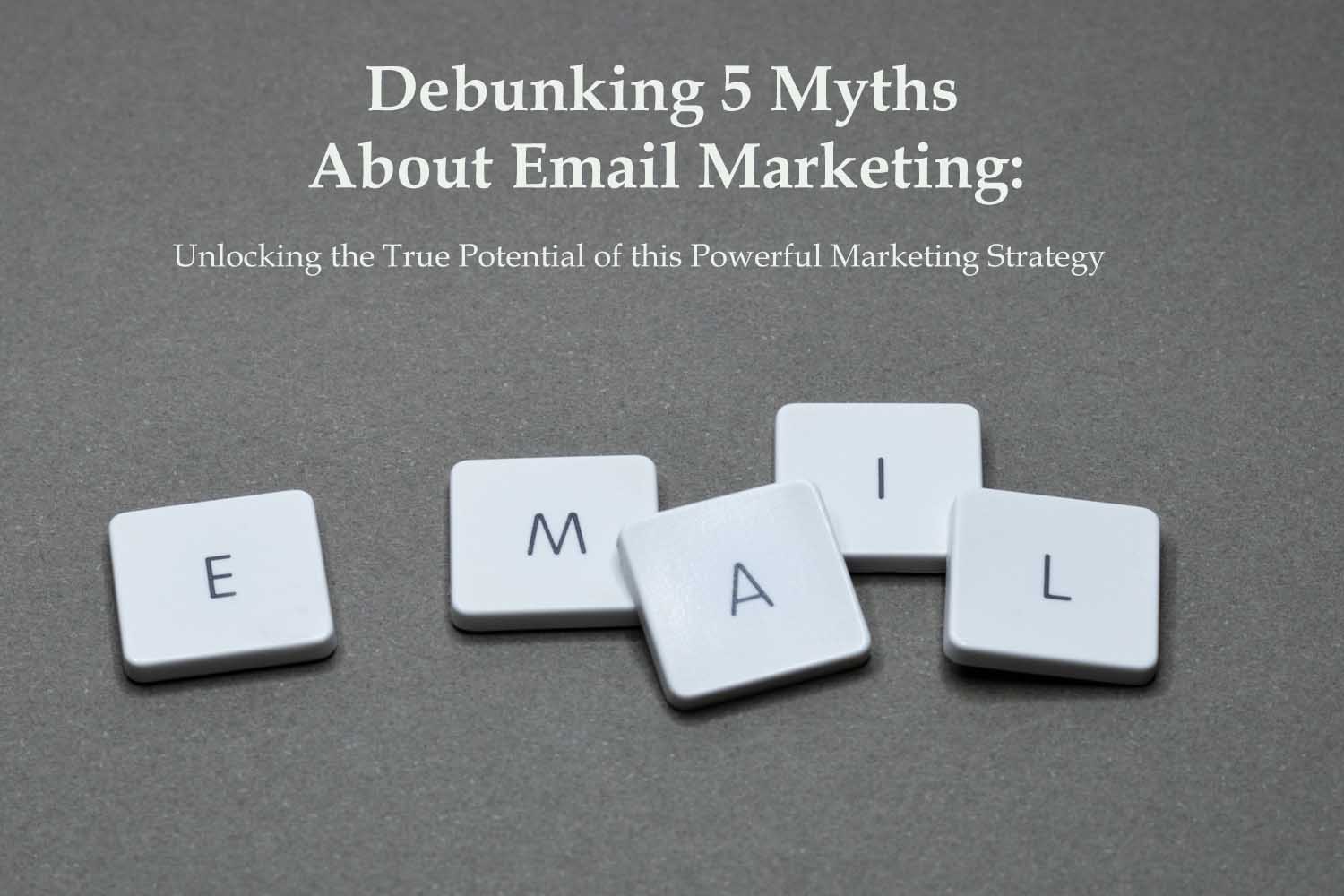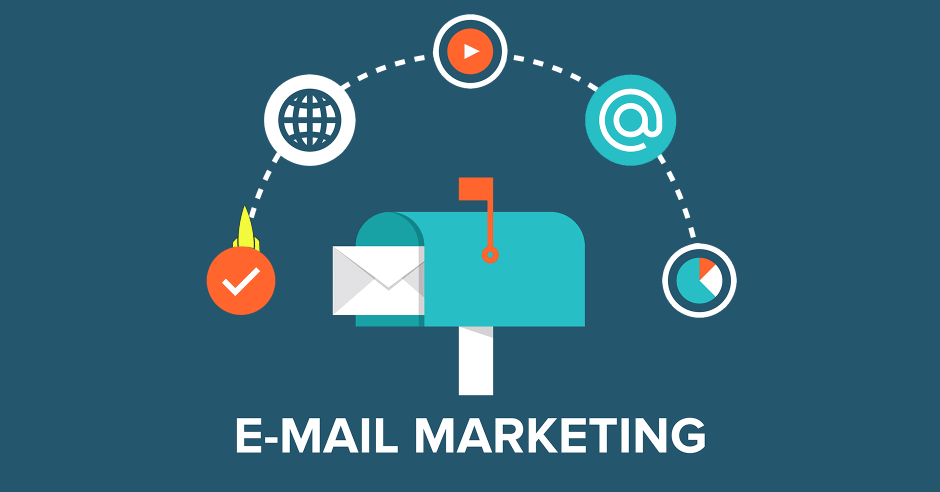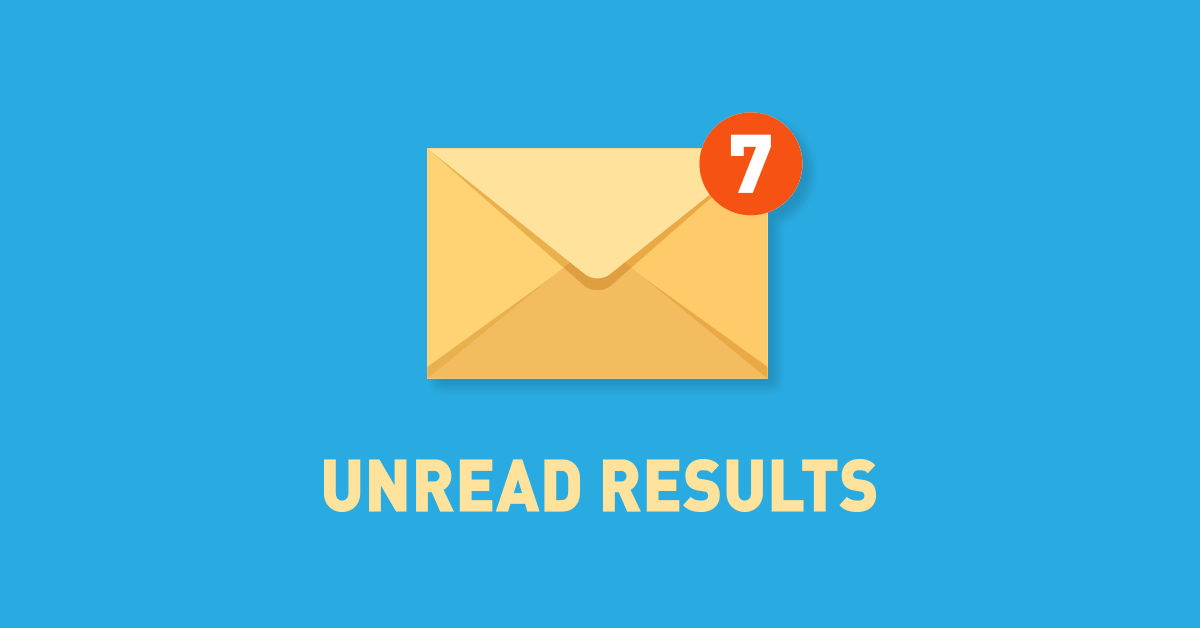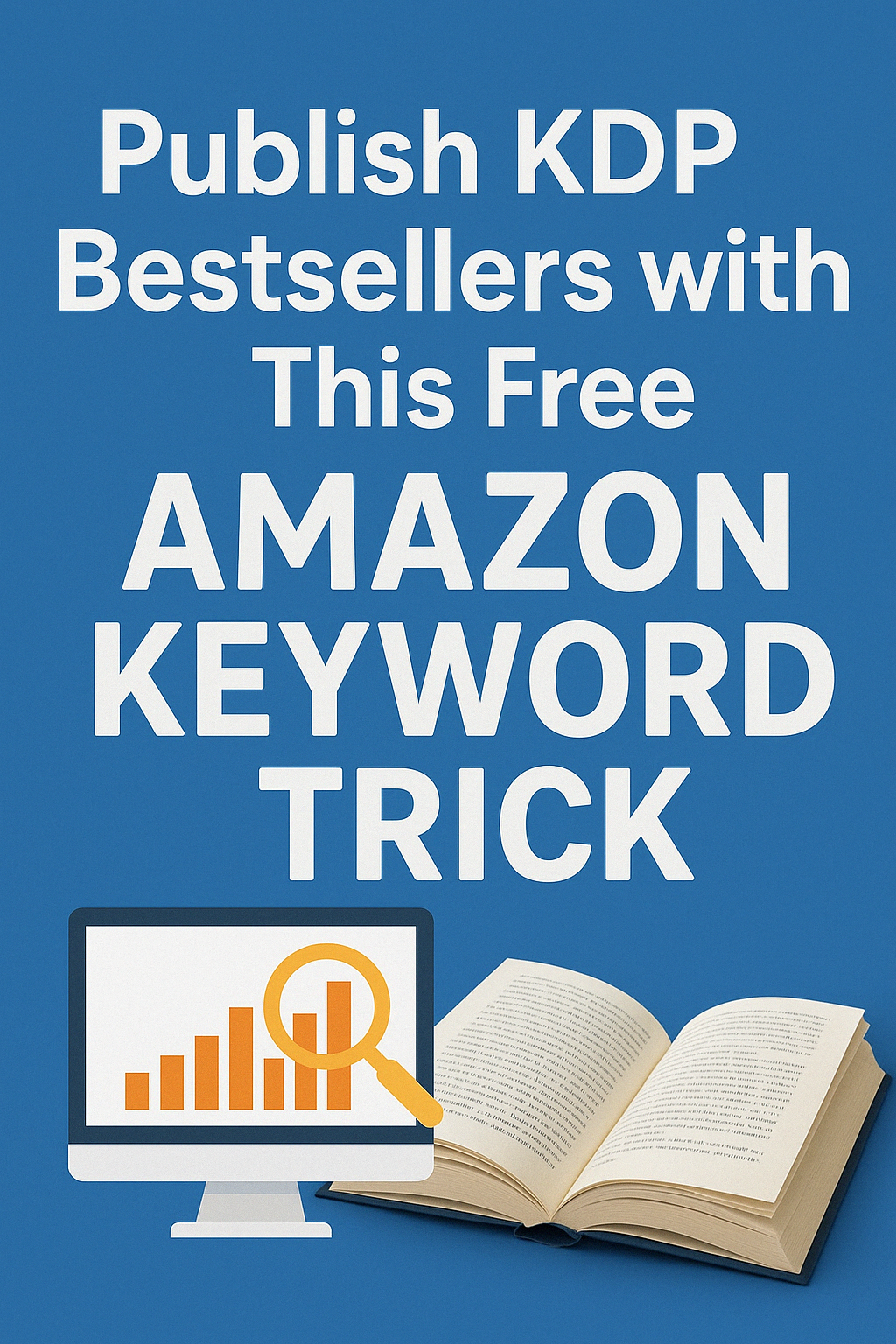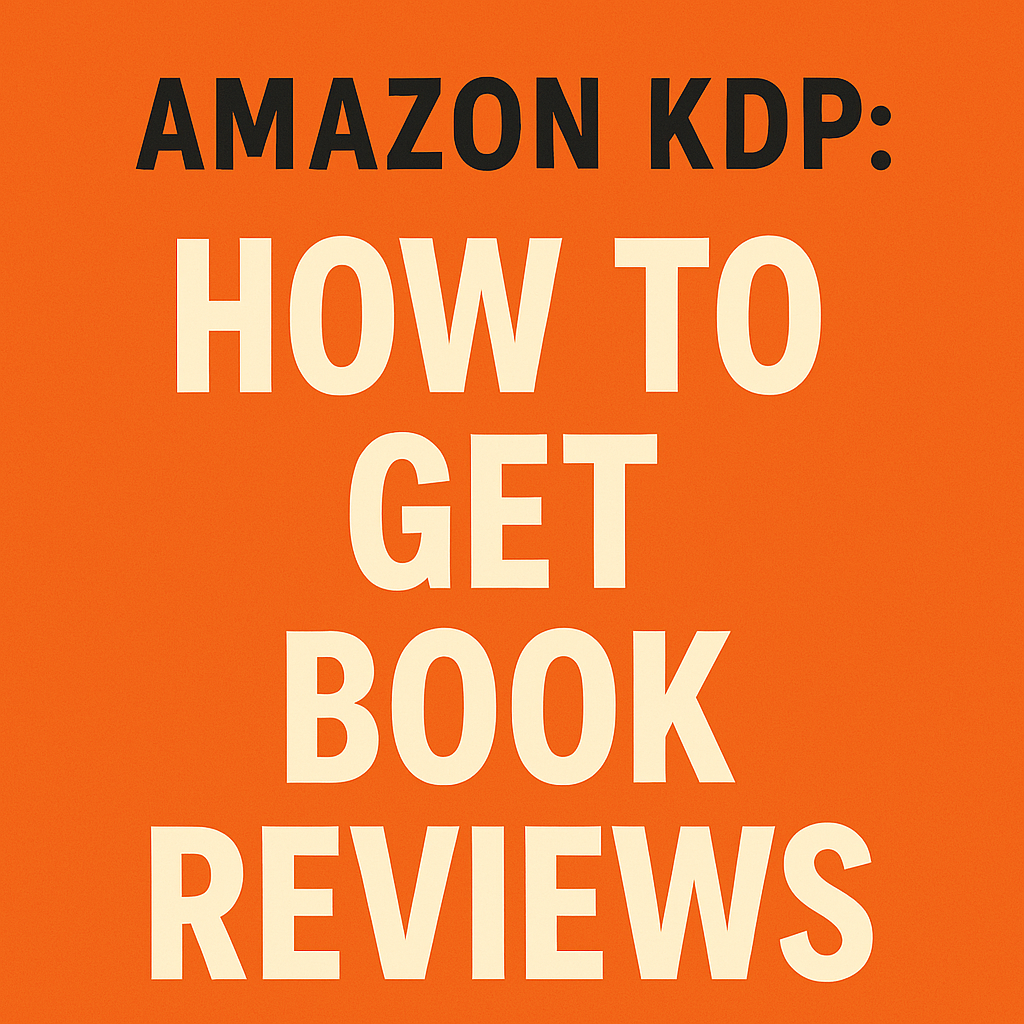As digital marketing continues to evolve, email marketing remains a tried-and-true strategy for businesses of all sizes.
However, like any other marketing tactic, email marketing is not immune to misconceptions and myths that can cloud the judgment of marketers.
Let’s debunk 5 common myths about email marketing to help businesses better understand and optimize their email marketing efforts.
Myth 1: Email Marketing is Dead
With the rise of social media and other digital marketing channels, some marketers believe that email marketing is no longer effective.
However, this couldn’t be further from the truth.
In fact, email marketing continues to be one of the most powerful and cost-effective ways to connect with customers and drive conversions. Consider these statistics:
- According to a study by DMA, the average ROI for email marketing is $42 for every $1 spent, making it one of the highest performing marketing channels.
- In a survey conducted by Statista, 49% of respondents reported that they check their email at least once a day, indicating that email is still a widely used communication tool.
- HubSpot’s State of Marketing report revealed that 78% of marketers have seen an increase in email engagement in the past year, further confirming the effectiveness of email marketing.
The reality is that email marketing continues to be a valuable and relevant marketing strategy, with businesses using it to engage with their audience, nurture leads, and drive sales.
Myth 2: Email Marketing is Spammy
One of the most common myths about email marketing is that it is synonymous with spam.
This misconception stems from the widespread practice of sending unsolicited emails to large lists of recipients, often resulting in emails that are irrelevant, annoying, and potentially damaging to a brand’s reputation.
However, legitimate email marketing is far from spam.
Here’s why:
- Email marketing is permission-based, meaning that recipients have opted-in to receive emails from a business. This establishes a relationship based on trust and consent.
- Legitimate email marketing campaigns provide value to recipients through relevant and personalized content, such as newsletters, promotions, and updates.
- Email marketing is governed by anti-spam laws, such as the CAN-SPAM Act in the United States and the GDPR in Europe, which set strict guidelines for sending commercial emails and protect the rights of recipients.
By adhering to best practices and focusing on delivering value to recipients, businesses can ensure that their email marketing efforts are not spammy, but rather a legitimate and effective communication tool.
Myth 3: Everyone Unsubscribes from Email Lists
Another common myth is that once someone subscribes to an email list, they will quickly unsubscribe or mark emails as spam.
While it’s true that some recipients may lose interest or find emails irrelevant over time, this is not a universal truth.
In fact, with the right strategies, businesses can maintain high email engagement rates and minimize unsubscribes.
Here’s how:
- Segmenting email lists based on recipient preferences, interests, and behavior allows for targeted and relevant content that resonates with recipients, reducing the likelihood of unsubscribes.
- Delivering value through personalized and compelling content, such as exclusive discounts, helpful tips, or informative newsletters, keeps recipients engaged and interested in receiving emails.
- Monitoring and analyzing email performance metrics, such as open rates, click-through rates, and conversion rates, allows businesses to optimize their email campaigns and continuously improve their content and strategies.
By focusing on providing value, relevance, and personalization, businesses can build a loyal and engaged email subscriber base.
Myth 4: Email Marketing is Time-Consuming and Complicated
Some businesses shy away from email marketing because they believe it requires a significant amount of time and effort to set up and manage.
However, with the right tools and strategies in place, email marketing can be streamlined and efficient.
Here’s how:
- Email marketing platforms, such as Mailchimp, Constant Contact, and Campaign Monitor, offer user-friendly interfaces with drag-and-drop editors, pre-designed templates, and automation features that make it easy to create and manage email campaigns.
- Email automation allows businesses to automate repetitive tasks, such as sending welcome emails, nurturing leads, and sending follow-ups, saving time and effort while maintaining consistent communication with subscribers.
- Content can be repurposed across different emails, saving time on creating new content for each campaign. For example, a blog post can be turned into a newsletter or a series of emails, maximizing the value of existing content.
- Email scheduling allows businesses to plan and schedule emails in advance, ensuring timely and consistent delivery without constant manual effort.
With the right tools and strategies in place, businesses can effectively manage their email marketing campaigns and achieve positive results without it being overly time-consuming or complicated.
Myth 5: Email Marketing is Only for Sales and Promotions
Another common myth about email marketing is that it is solely for sales and promotions, and therefore may come across as overly promotional and pushy.
However, a successful email marketing strategy goes beyond just sales pitches.
Here’s why:
- Email marketing can be used for various purposes, such as nurturing leads, educating subscribers, building relationships, and providing value-added content. By diversifying email content, businesses can keep subscribers engaged and interested.
- Providing valuable content, such as educational articles, industry news, and helpful tips, positions a business as a trusted source of information, which can lead to increased brand loyalty and customer retention.
- Engaging with subscribers through interactive content, such as surveys, polls, and contests, encourages two-way communication and fosters a sense of community, strengthening the relationship between the business and its subscribers.
Email marketing can be a versatile and multifaceted tool that goes beyond just sales and promotions, allowing businesses to build relationships, provide value, and engage with their audience in meaningful ways.
Email Marketing is Far from being Outdated or Ineffective
By debunking these common myths, businesses can better understand the true value and potential of email marketing as a powerful marketing strategy.
With the right strategies, tools, and content, businesses can leverage email marketing to connect with their audience, nurture leads, and drive conversions.
Don’t let these myths hold you back from utilizing the full potential of email marketing for your business.
Embrace email marketing as a valuable and relevant marketing channel, and watch your business thrive.

